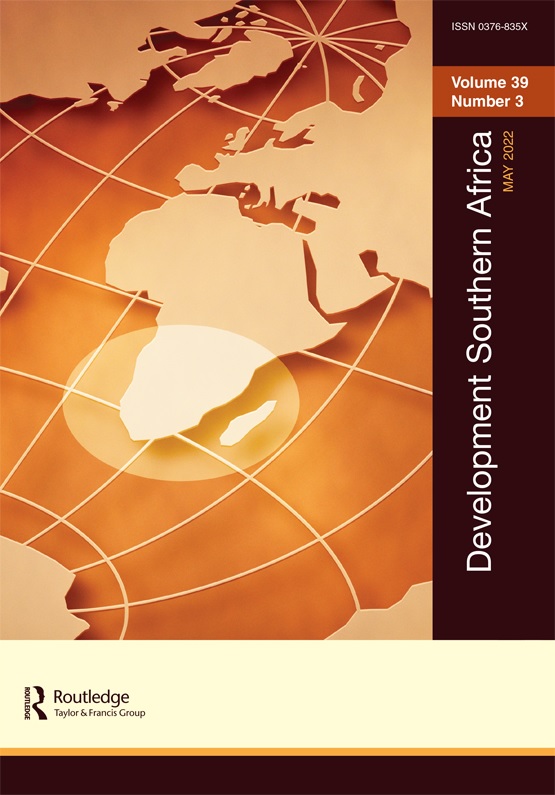Integrated development planning in Zambia
Ideological lens, theoretical underpinnings, current practices, views of the planners

Three years after promulgating the Urban and Regional Planning Act (3 of 2015), municipalities in Zambia are still struggling to formulate Integrated Development Plans (IDPs). Based on a document review and interviews with 81 key informants, purposefully and snowballing selected, this paper documents the theoretical underpinnings, historic perspectives, current practices, and motivation for introducing the IDP concept in Zambia. A mixed-method research design with a grounded theory approach was applied to the study. The study found that the current Integrated Development Planning concept as used in Zambia is not home-grown but emanates from the west. It is highly influenced by the neo-liberal developmental theory, traces of the 1947 British colonial, spatial development planning theoretical orientations, and the proximity to the new South African municipality IDP model. The lack of detailed guidelines on IDPs is also impeding the formulating of IDPs by many municipalities in Zambia.
Abstract based on source.


Comments